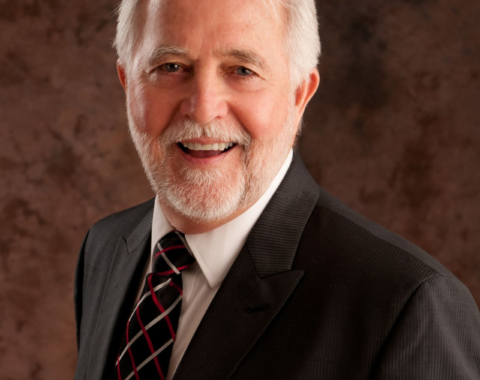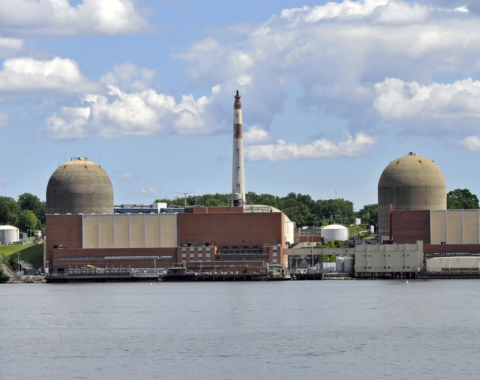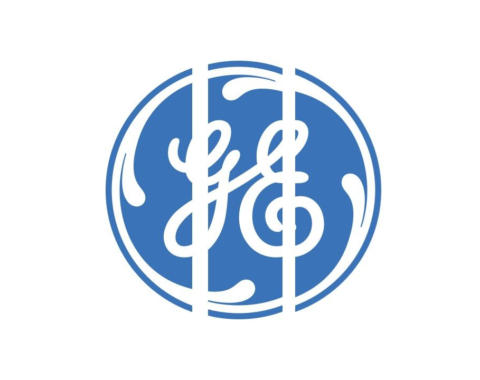Wednesday, September 28th, the Clean Power Plan came under seven hours of scrutiny from the government, industry, and public interest groups at the US Court of Appeals for the District of Columbia. A change was made from the original plan to have a three-judge panel to sit for this hearing to the full complement of judges, all ten, to hear arguments from 16 lawyers concerning the plan.
If the Clean Power Plan is upheld it will give the EPA (Environmental Protection Agency) the authority to issue regulations that would require power producers to shutdown many of their coal-fired power plants and replace them with natural gas, wind, and/or solar power plants.
The overall goal of the plan, laid out by the current administration, is to reduce greenhouse emission up to 32% below the 2005 levels – and to do this by the year 2030. This would require the individual states to meet specific carbon emission reduction targets and in February, the Supreme Court ruled to delay implementation of this plan until the appeal process has been thoroughly utilized.
Opposing the plan are 27 states, a number of electric utilities, coal mining companies, and the US Chamber of Commerce. They argue that this rule exceeds the EPA’s authority and actually violates the US Constitution.
Supporting the plan are 18 states, some power companies, some public health organizations, and the EPA. They argue that the plan is necessary because current greenhouse emissions pose a monumental threat to America’s health and welfare by driving long-lasting changes in our climate which will cause severe negative effects.
One judge, Judge Thomas Griffith, asked why hasn’t this debate being going on Congress, rather than before a panel of unelected judges? Six of the ten judges sitting on the hearing were appointed by either President Obama or President Clinton, and this same court declined to block its implementation in January.
The US Court of Appeals for the District of Columbia is expected to make their decision by the end of the year.



